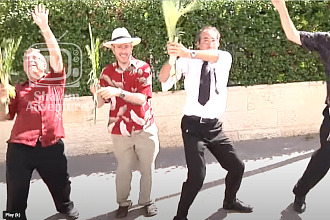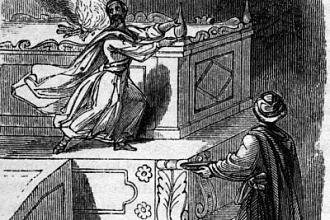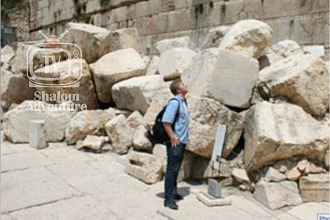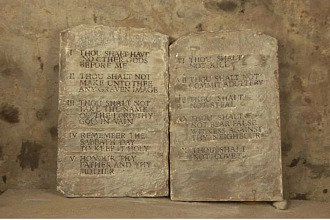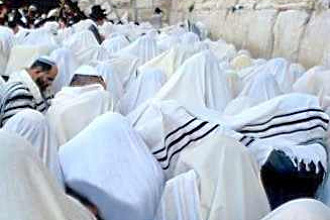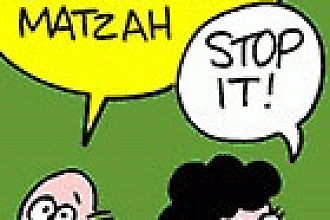For those of you who have attended, a Rosh HaShanah service (or watched one here on the Shalom Adventure magazine), a prominent practice you will observe is the blowing of a shofar, or ram's horn. This practice is largely derived from the Biblical injunction in Leviticus 23 to observe this day with "blast of trumpets." At many Rosh Hashanah services, it is not uncommon for the shofar to be "blasted" upwards of 100 times!
What is the Sounding of the Shofar Intended to signify?
Among other things, the shofar blasts at Rosh Hashanah are intended to represent:
• The Coronation of a King:
• A Call to Repentance...the shofar serves to remind the Jewish people that the very King they coronate with its blast is the same King before whom they will be judged. The shofar blast here is an alarm to "awaken" the souls of God's people to their need of His mercy and forgiveness.
• The commemoration of the binding of Isaac (Akedah) and God's provision of a substitute ram: Significantly, two of the Torah portions read at Rosh HaShanah services are the accounts of 1) the birth of Isaac (Genesis 21:1-24), and 2) Isaac's binding by his father Abraham (Gen. 22:1-14). You'll remember that in the Akedah, Abraham's faith was tested when God ordered that he offer his only beloved son, Isaac, as a "burnt offering" on Mount Moriah (v. 2). Abraham obeyed God, demonstrating his unwavering faith in the LORD. Then the LORD, seeing that Abraham truly "feared God," (v.12), commanded that Abraham withdraw the knife that was soon to slay Isaac. Instead of Isaac, God provided a ram for the burnt offering as substitutionary sacrifice. Thus the shofar, or ram's horn, is meant to remind the observer of Rosh Hashanah of the "divinely provided ram" that paid the "ransom for Isaac's life" (Parsons).


